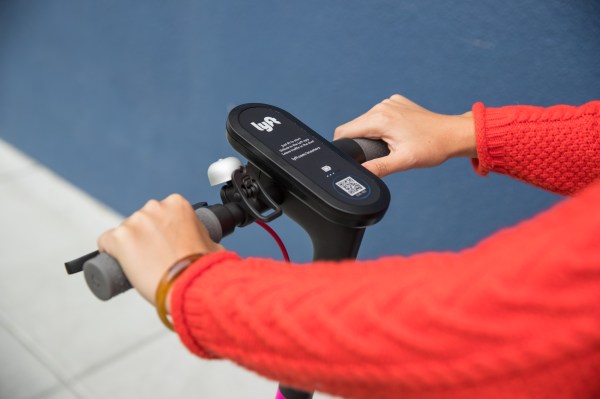Lyft launched its scooter business in Denver on Thursday, the first market for the company as it expands beyond ride-hailing and into other means of transportation.
Lyft is one of a handful of companies to receive permits from city officials to operate a dockless scooter or bike-share business. Lyft has 250 scooters available for customers and will eventually ramp up to a cap of 350. About 100 of those scooters will be dedicated to what Lyft calls opportunity zones, which focuses on helping customers reach bus and train stops.
It costs $1 to unlock a scooter and 15 cents for each minute it’s in use, including the reservation and hold times.
The company plans to roll out scooters and bikes into other cities as part of CEO John Zimmer’s goal of helping people better connect to public transit.
The move into Denver aligns with recent data that 25 percent of Lyft’s passengers in the city say owning a personal vehicle is less important to them now. The launch is also part of a larger shift within the company, which became more visible in June with a redesigned app to emphasize shared rides and public transportation.
Earlier this year, Denver Public Works approved permits for Lime, Bird, Lyft, Spin and Razer to operate dockless scooter services in the city as part of a one-year pilot program. Permits were issued to Lyft, Jump and Zanster for dockless bike sharing as well. The pilot program is designed to evaluate whether scooters and dockless bikes can help the city reduce single-occupant vehicle commute trips by 2030.
Lyft was one of several companies, including rival Uber, to lose out in their bid to operate scooters in San Francisco. The San Francisco Municipal Transportation Agency (SFMTA) issued one-year permits to Skip and Scoot. Twelve companies applied to operate within the city, including JUMP, which Uber acquired in April, as well as Lyft, Skip, Spin, Lime, Scoot, ofo, Razor, CycleHop, USSCooter and Ridecell.
